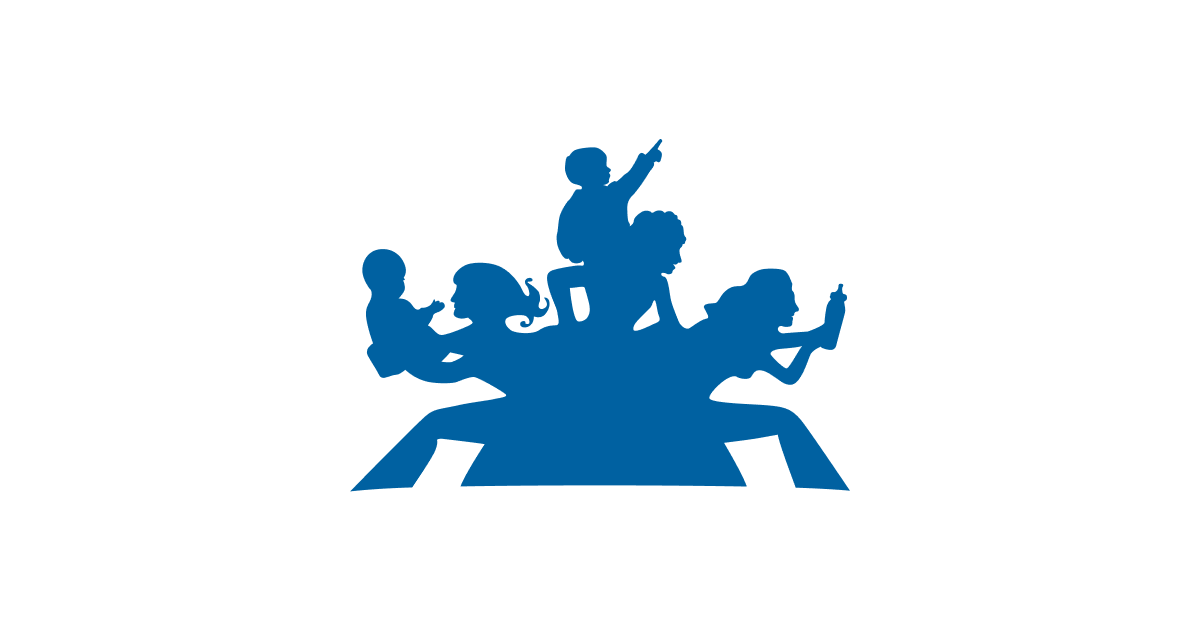hifinutt
hifinutt
The next government should consider proposals to ban smartphones for under-16s within its first year, a committee of MPs has said.
The Education Select Committee report outlined some of the "serious dangers" posed to children online.
Government guidance to bar phone use in schools in England earlier this year prompted a debate on how much screen time children should be having.
But children's charity the NSPCC said that so far, the voices of the young people themselves had been "glaringly absent" from it.
The report, published on Saturday, said the risks of increased screen time for children and young people significantly outweighed its benefits.
Committee chairman Robin Walker said its inquiry had heard "shocking statistics on the extent of the damage being done to under-18s".
The report found there had been a significant rise in screen time in recent years, with one in four children now using their phone in a manner resembling

Between 2010 and 2015, suicide rates among 10 to 14-year-old girls and boys increased by 167 and 92 per cent respectively. Self-harm rates for teenage girls in the UK soared by 78 per cent. Anxiety diagnoses for those aged 18 to 25 jumped by 92 per cent. During this same five-year period, smartphones reached a majority of US households – they were adopted faster than any other communication technology in human history. There is a tangible link, too, between screentime and poor mental health, reveals Haidt: nearly 40 per cent of teenage girls who spend over five hours on social media a day have been diagnosed with clinical depression.
Childhood and adolescence have been “rewired”, claims Haidt. Referencing the shift that started at the turn of the millennium, when tech companies began creating a set of world-changing products based around exploiting the rapidly expanding capabilities of the internet, Haidt paints a deeply concerning picture.
“The companies had done little or no research on the mental health effects of their products on children and adolescents, and they shared no data with researchers studying the health effects. When faced with growing evidence that their products were harming young people, they mostly engaged in denial, obfuscation, and public relations campaigns,” he says.

 www.independent.co.uk
www.independent.co.uk
what do you guys think . seems to be causing a lot of issues
The Education Select Committee report outlined some of the "serious dangers" posed to children online.
Government guidance to bar phone use in schools in England earlier this year prompted a debate on how much screen time children should be having.
But children's charity the NSPCC said that so far, the voices of the young people themselves had been "glaringly absent" from it.
The report, published on Saturday, said the risks of increased screen time for children and young people significantly outweighed its benefits.
Committee chairman Robin Walker said its inquiry had heard "shocking statistics on the extent of the damage being done to under-18s".
The report found there had been a significant rise in screen time in recent years, with one in four children now using their phone in a manner resembling

Smartphone ban for kids is worth considering - MPs
The Education Select Committee report warns that some phone use resembles "behavioural addiction".
www.bbc.co.uk
Between 2010 and 2015, suicide rates among 10 to 14-year-old girls and boys increased by 167 and 92 per cent respectively. Self-harm rates for teenage girls in the UK soared by 78 per cent. Anxiety diagnoses for those aged 18 to 25 jumped by 92 per cent. During this same five-year period, smartphones reached a majority of US households – they were adopted faster than any other communication technology in human history. There is a tangible link, too, between screentime and poor mental health, reveals Haidt: nearly 40 per cent of teenage girls who spend over five hours on social media a day have been diagnosed with clinical depression.
Childhood and adolescence have been “rewired”, claims Haidt. Referencing the shift that started at the turn of the millennium, when tech companies began creating a set of world-changing products based around exploiting the rapidly expanding capabilities of the internet, Haidt paints a deeply concerning picture.
“The companies had done little or no research on the mental health effects of their products on children and adolescents, and they shared no data with researchers studying the health effects. When faced with growing evidence that their products were harming young people, they mostly engaged in denial, obfuscation, and public relations campaigns,” he says.

Screens and teens: How phones broke children’s brains
A mental health emergency is hitting young people around the world, according to a new book. Helen Coffey asks whether social media and tech are really responsible – and whether smartphone-free cities could be the answer
what do you guys think . seems to be causing a lot of issues

